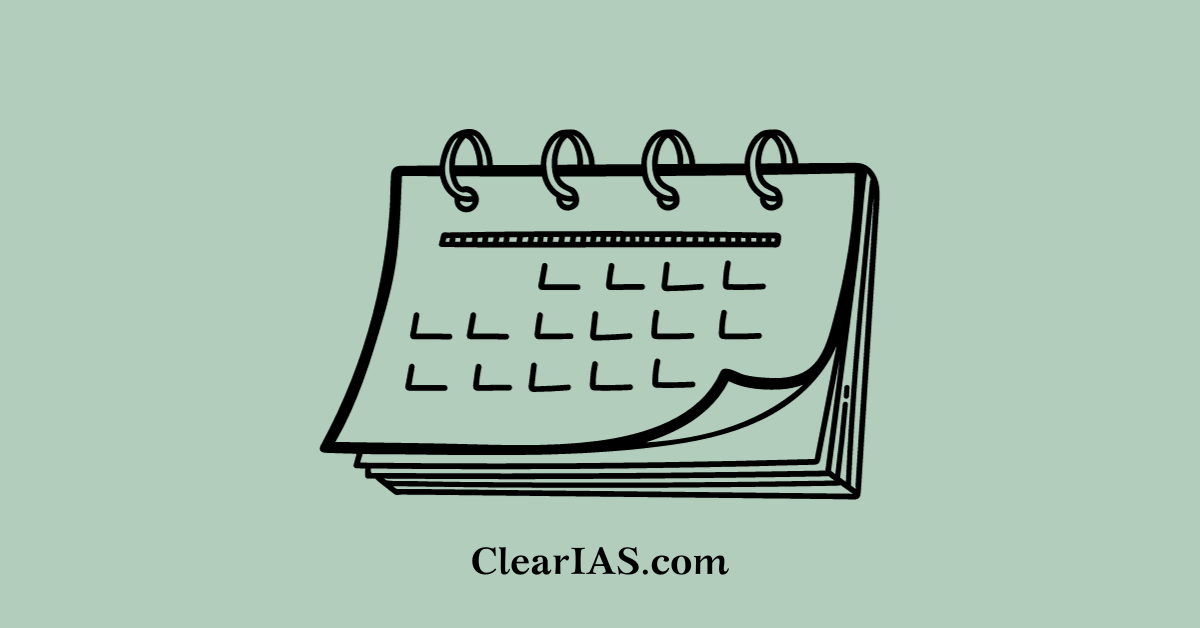 How many months of current affairs are to be studied for UPSC Prelims and Mains?
How many months of current affairs are to be studied for UPSC Prelims and Mains?
UPSC aspirants are generally confused about how many months of current affairs are required for IAS Exam. They get different pieces of advice like 6 months, 1 year, 1.5 years, 2 years etc – from different sources.
In this post, let us analyse previous UPSC question papers of IAS Prelims, and see how many months of current affairs is ideally required. We shall also see how to prepare the Current Affairs section for IAS prelims.
‘Current Affairs’ of 2008 asked in 2017 UPSC CSE Prelims (9-year-old data)!
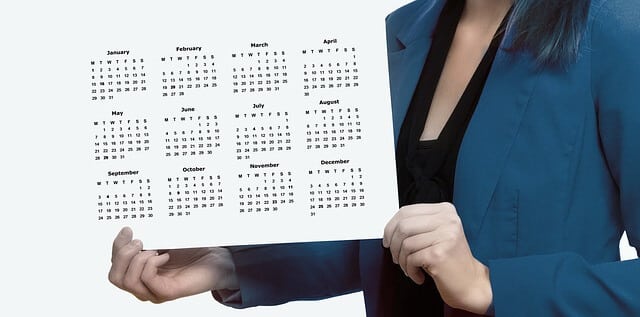
You won’t believe this!
But if you look at the last year UPSC Civil Services Preliminary Exam (2017 CSE), you can find a question on IONS. This is the question.
Qn) Consider the following in respect of the Indian Ocean Naval Symposium (IONS):
- Inaugural IONS was held in India in
2015under the chairmanship of the Indian Navy. - IONS is a voluntary initiative that seeks to increase maritime cooperation among navies of the littoral states of the Indian Ocean Region.
Which of the above statements is/are correct?
- A. 1 only
- B. 2 only
- C. Both 1 and 2
- D. Neither 1 nor 2
In this question, the first statement which is about the inaugural IONS is wrong. Do you what is wrong with this statement?
The Year ie. 2015.
So, what is the correct year? Any clues?
The correct year is 2008!
So the data asked in 2017 CSE Prelims, is about an event that happened 9 years before, ie. 2008.
See the Learning Zone from ClearIAS Prelims Test Series: The ‘Indian Ocean Naval Symposium (IONS) is a voluntary initiative that seeks to increase maritime co-operation among navies of the littoral states of the Indian Ocean Region by providing an open and inclusive forum for discussion of regionally relevant maritime issues. In the process, it endeavours to generate a flow of information between naval professionals that would lead to a common understanding and possibly cooperative solutions on the way ahead. The inaugural IONS-2008 was held in New Delhi, India on 14 Feb 2008. CNS, Indian Navy was designated the Chairman IONS for the period 2008-10.
One can still argue that IONS was in news in 2017, and hence UPSC prepared questions from the latest data. It may be. But the statement we highlighted and UPSC asked is about the inaugural session – which happened in 2008.
‘Current Affairs’ of 2010 asked in 2014 UPSC CSE Prelims (4.5-year-old data)!
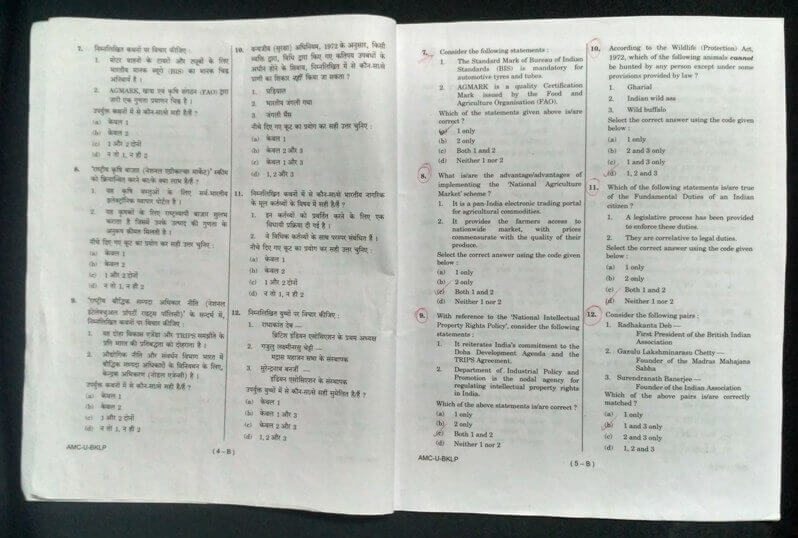
Question – CSE 2014 Prelims (August 24th, 2014): Recently, a series of uprisings of people referred to as ‘Arab Spring’ originally started from:
- (a) Egypt
- (b) Lebanon
- (c) Syria
- (d) Tunisia
Ans: (d) Tunisia
Arab Spring began in Tunisia in 2010 December. 18 December 2010 – 14 January 2011 was the period of the Tunisian revolution. Though the Arab Spring in other countries followed, this question is based on what happened almost 4.5 years ago, then.
Normally aspirants will not expect such kind of questions in a UPSC question paper. These type of questions are beyond the scope of most UPSC coaching institutes.
So, how many months of current affairs should you study for IAS Prelims Exam?

UPSC has not set any particular period for current affairs questions. What is mentioned in the UPSC syllabus is ‘Current events of national and international importance‘. This can be literally anything, worth being asked in the UPSC Civil Services Exam.
Even though most of the questions are from the window of the last 2 years of current affairs, we have seen above, the questions can be based on data as old as 9 years.
What you need to do is to prioritize things.
How should you prepare current affairs for IAS Exam?
Well, this is a much more important question.
If you are preparing current affairs solely from newspapers, it’s practically almost impossible to refer to all two-year-old or three-year-old data before exams. Also, unless you are preparing notes from newspapers, it may not be easy to remember all facts – even from the last 1 year.
Then, how should you prepare current affairs before Prelims to ensure that important questions from even 2 or 3 years back data are not missed?
The ClearIAS strategy for Preparing Current Affairs for IAS Prelims
We strongly advise all our students to follow three resources.
- Current Affairs Mock Exams in ClearIAS Prelims Test Series (dedicated mock exams for current affairs)
- ClearIAS Current Affairs Capsules Monthly MCQ PDFs (monthly MCQs based on government sources like PIB)
- ClearIAS Most Probable Prelims Questions PDFs (compilations of daily MCQs based on items in news)
Current Affairs Action Item 1: Take and Revise Current Affairs Mock Exams in ClearIAS Prelims Test Series
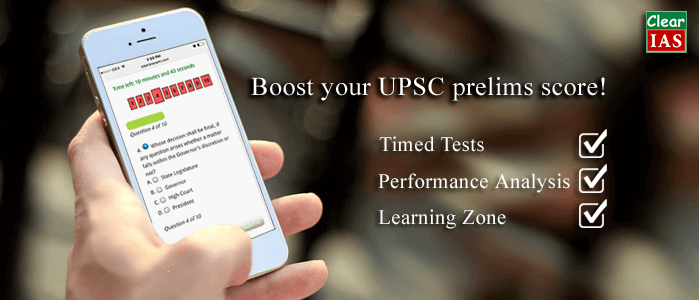
The first set of current affairs exams (801PT-804PT) in the ClearIAS Prelims Test Series mainly cover all the important schemes/news during the last 5 years. Exams 805PT, 806PT, and 807PT focus more on current events in the last 3 years, thus giving our test-takers a full and comprehensive coverage of all important current questions – from the last 5 years – through the priority is events during the last 2 years.
Current Affairs Action Item 2: Download and Study ClearIAS Current Affairs Capsule (Monthly MCQs) – It’s FREE!
ClearIAS Current Affairs Capsule (Monthly MCQs) is a unique treasure for Civil Service aspirants who are preparing for Preliminary Exam.
Important questions that can be framed each month from the current events are provided in Multiple Choice Question (MCQ) formats. Answer keys and detailed explanations are provided.
Our quality questions and the learning zone help aspirants to cover current affairs topics faster. Yes, learning is now fun!
Current Affairs Action Item 3: Download and Study ClearIAS Most Probable Prelims Questions
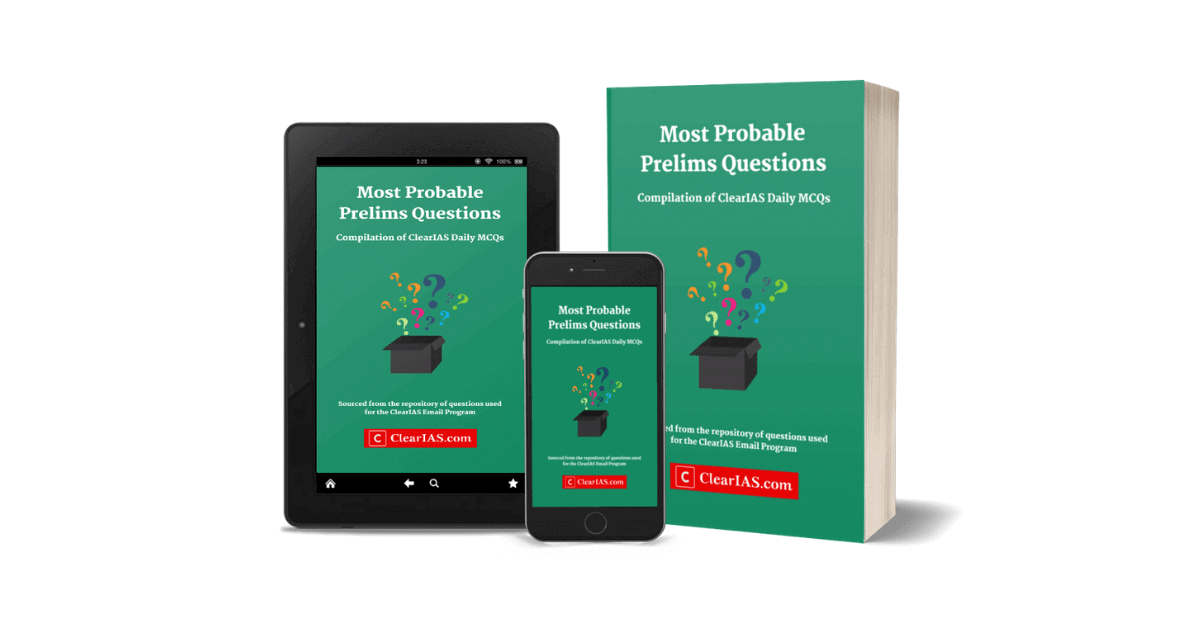
ClearIAS Most Probable Prelims Questions (CMPPQs) program has been one of our popular initiatives loved by UPSC aspirants across India. In this segment, we used to share important questions — current and conventional — based on recent news items via email or telegram.
Focus on your Return on Your Investment (ROI)

As we mentioned before, you should prioritize the current affairs section. The guidelines can surely help.
- 1st priority – Current Affairs of last 2 years before UPSC Prelims
- 2nd priority – Current Affairs spanning from last 5 years to last 2 years
- 3rd priority – Current Affairs beyond the last 5 years.
Unless you focus on mock exams to cover the important schemes or news in the last 4-5 years, it will take a lot of time to cover them. It may not be a worthwhile effort to go behind data 4 or 5 years ago.
Taking a mock exam of 100 questions is a faster and more efficient way of learning, as it takes only 2 hours to finish a mock exam.
So in 14 hours (less than a day), you can finish all Current Affairs Mock Exams in ClearIAS Prelims Test Series.
Yes, it’s that easy.
Similarly, Current Affairs Capsules can be covered quickly. 1000 MCQs in the last year can be covered in 20 hours (less than a day) if you are focused.
What is left is only the revision of the mock exams and MCQs – which will also not take much time of yours.
PS: The above strategy is for the Prelims. For the Mains stage Current Affairs requirement, we shall write a separate post. For Mains, good analysis in newspapers like Hindu will help. You can also take the benefit of the ClearIAS ebook ‘Current Affairs Backgrounder‘.
The Hindu E-Paper (Subscribe and Get Up to 60% OFF)
ClearIAS users can get up to 60% OFF on ‘TheHindu ePaper’. To get the benefit of this offer, all you need to do is to apply the promo code CLEARIAS while purchasing TheHindu epaper subscription from this link.
Get The Hindu E-paper Discount
Conclusion
At least, the last 2-years current affairs should be covered before UPSC Prelims and Mains.
However, in reality, the span of current affairs in the UPSC exam can be much larger – like 5-10 years.
As it may not be practically possible to cover the last 10-year current affairs in a short time span, the smart way to cover important current affairs news should be to go through – (1) ClearIAS Prelims Test Series (2) ClearIAS Current Affairs Capsules and (3) ClearIAS Most Probable Prelims Questions.
In the case of CCCs and CMPPQs, give priority to the PDFs in the last 2 years. Once you finish those, cover the previous year PDFs (3-10 years) as well.
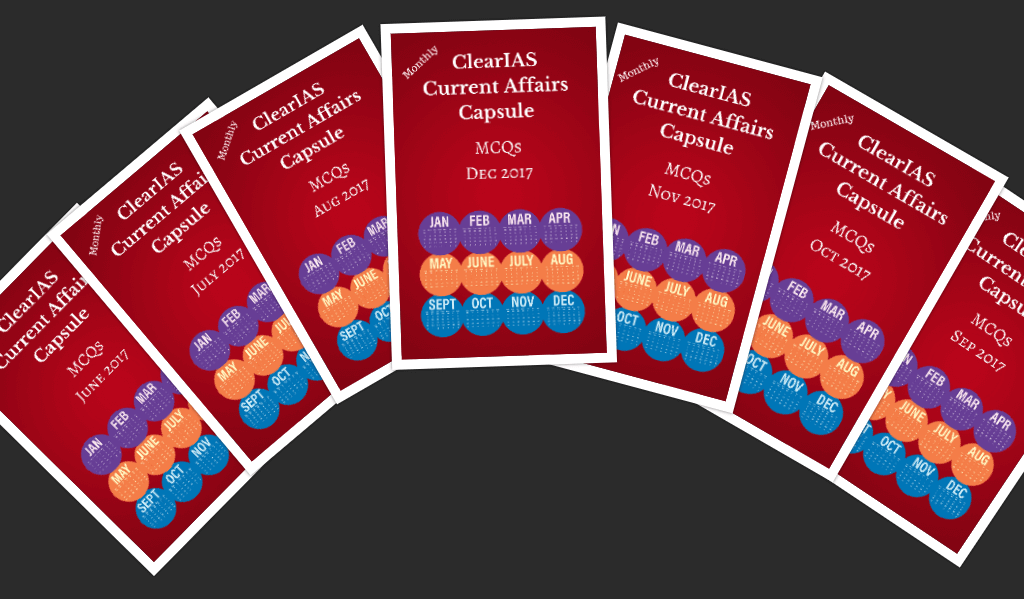
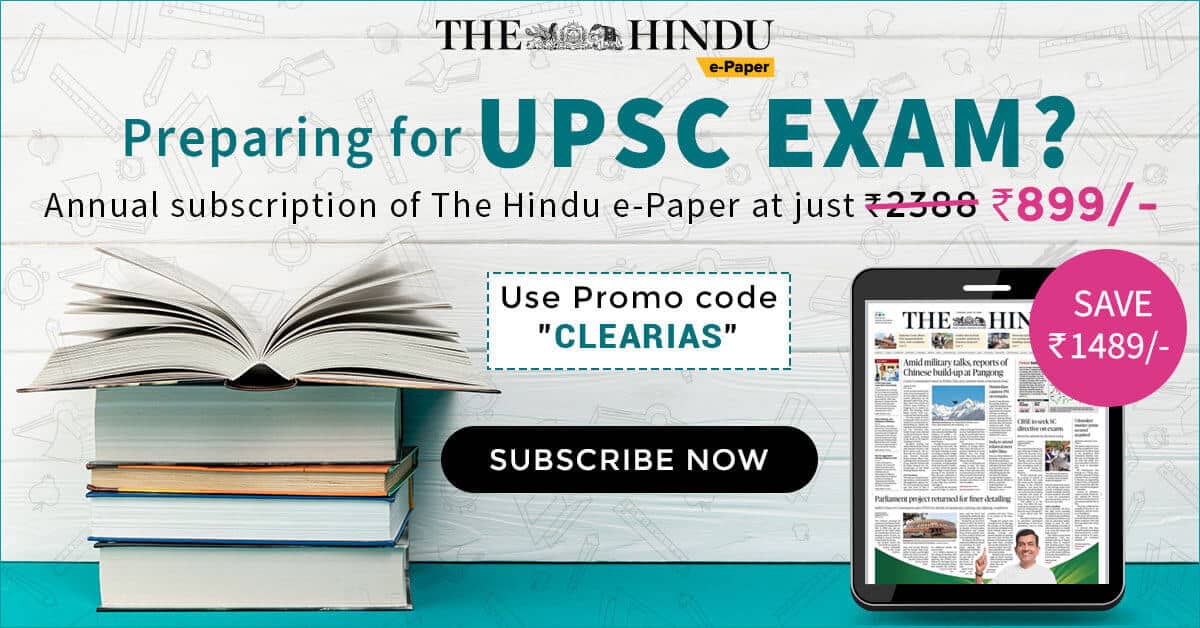





Thanks for sharing strategy to be followed while preparing current affairs.
Great to hear that ClearIAS is helping you learn.
Thanks for providing a common platform for the preparation for IAS .
But also take care of Hindi background and poor aspirants they can not afford fees .
please avail us hindi material and CSAT test online .
Thank you for the feedback. ClearIAS was started with a vision of quality online education, giving stress to self-study and affordability. Almost all of our study materials are free to download (except a few compilations). We already provide CSAT exams online – as part of ClearIAS Prelims Test Series. We are getting a lot of requests to provide study-materials in multiple languages. Though that will take a lot of effort and time, we are working on it. All the best for exams.
ClearIAS thanks for the info. But what is the limit for latest current affairs one should be preparing if the exam is in june? I mean up till march woukd suffice, or april or even half of may?
The source for the question on IONS from 2017 CSE – from The Hindu Oct 2016; read the last line- UPSC never asks questions randomly.
https://www.thehindu.com/todays-paper/tp-miscellaneous/tp-others/Navy-Chief-inaugurates-maritime-symposium/article15475338.ece
Hi Arvind, you are right. Of course, IONS was in news, though not a major news item. However, our point was different. We had explained that as well. “…data asked in 2017 CSE Prelims, is about an event which happened 9 years before, ie. 2008…The inaugural IONS-2008 was held in New Delhi, India on 14 Feb 2008. CNS, Indian Navy was designated the Chairman IONS for the period 2008-10. One can still argue that IONS was in news in 2017, and hence UPSC prepared questions from the latest data. It may be. But statement we highlighted and UPSC asked is about the inaugural session – which happened in 2008.”
PS: On similar lines, UPSC had asked about Leader of Opposition status in 2018. The main controversy regarding Leader of the Opposition status was in 2014. UPSC didn’t ask about it then. However, they came up with such a question in 2018. This kind of pattern is noticed in 2018 Mains as well. So just don’t stick to last-one year current affairs magazines alone.
Thanks for ur guiendence it will be helpfull.it is my first attempt.
Is one year continuous reading is enough to crack UPSC CSE…
according to above mentioned details
One should be aware of previous four years current affairs of national and international importance …..
I need guidance on some aspect of mains how can I contact you
Thanks for your well and efficient guidance sir/madam.Now cloud of darkness is gone from mind and now I have clear set of mind with soley focun on my journey …….😆😆👍👍
True